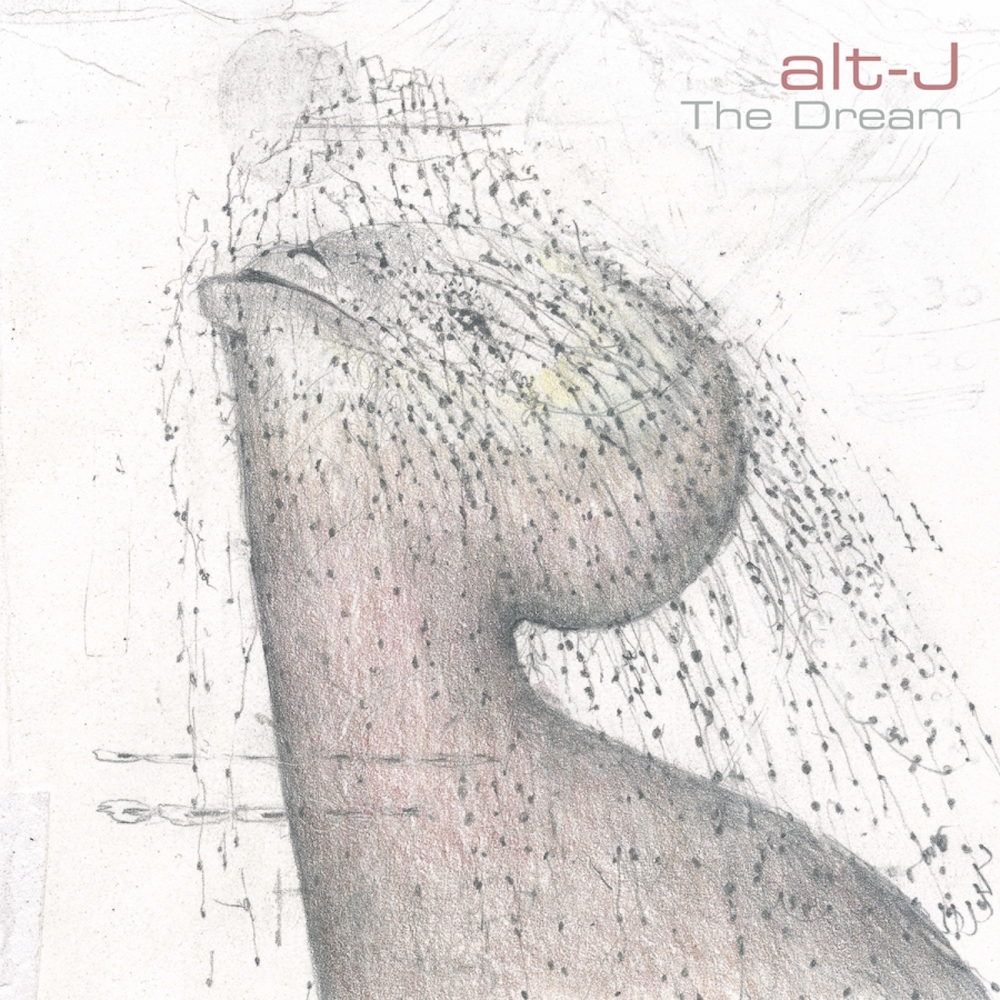alt-J are one of the few bands whose musical career could be summed up with the word ‘unusual’. Their debut album An Awesome Wave saw massive success and was one of the defining indie records of the 2010s. The highly anticipated follow-up This is All Yours saw them begin a shift in a different direction, which wasn’t unanimously accepted by fans. That is not to say that the sophomore record was bad, however, it’s where the more ‘unusual’ aspects started to appear. This is All Yours took alt-J’s initial sound to almost a post rock realm, which did feel a bit sleepy at times, not dispensing of the bluesy catchy riffs on tracks like “Left Hand Free”. Relaxer, the third album, came across as a recap of what the band has done so far; a lot of it was reminiscent of the first album, albeit sounding more tired, while at the same time keeping up with the slower more atmospheric feel of This is All Yours. The main reason why the word ‘unusual’ is such a defining characteristic is because, as opposed to most bands, alt-J started with a radio-ready hit-filled debut and with each new record seemed to move away from that in a more obscure direction.
Their fourth album, The Dream, is definitely not a shift from the pattern that alt-J’s previous albums followed.
One aspect of alt-J’s new album is that, without Joe Newman’s unique voice timbre, it would take an unaware listener a few tracks to recognize alt-J in it. There is quite a bit of experimentation with structure and instrumentation on The Dream, and perhaps the most detrimental aspect of it is just how apparent it is; you can practically hear the band going: “why don’t we try this?” That means that these experiments feel underproduced and a bit choppy. See what you think of this description: an operatic overture gains a techno-type beat, which in turn transforms into Newman singing over a synth wave rhythm. Some will think “Sounds exciting!”, while others will think “What in tarnation?”
There are traces of the good old alt-J in tracks, such as “Happier When You’re Gone” and “Get Better”. The London-based outfit has proven their skill at emotional tracks multiple times previously, so these may sound a bit repetitive, but in the context of the album they come as more than welcome break and a good reminder of what we originally loved alt-J for.
The Dream has no apparent structure. As the press release put it: “It’s a record about murder, love, Coca- Cola, twisted logic, revenge, crypto currencies, loss, hope and frequently whatever you yourself decide it’s about.” Now, sometimes a description like that hints at a grandiose effort of an album and a whole experience that goes with it. However, in the case of The Dream, it means a lack of perceivable direction and a tonal confusion. The record jumps from topic to topic and mood to mood without making any attempt at smoothly transitioning between them.
It’s unclear what kind of state the band was in while recording this, which in turn poses the question of what they were attempting to convey. The only interpretation I can come up with is that the album aimed to replicate the actual feeling of utter confusion one feels in the world, where interests intertwine with fears, sadness with euphoria, and meaning with tripping and so on. As with most albums with such ambition, it is a hit or miss. These aspects of it either strike a personal chord with the listener or they don’t.
Lyrically, The Dream is still summarised with that press release quote above, but thankfully there is more love than Coca-Cola or crypto in these songs. It is still an emotional experience hearing Newman sing about loss of loved ones, teenage nostalgia and other such preoccupations. When he strays into other lyrical themes, his words don’t quite stick or come across as memorable.
Newman makes a terrific point in the press materials when he says “it’s so boring telling someone how to feel about something; you actually want to offer them something that brings up a strong visual response, and then they can step into that world and try to visualise it themselves. That’s far more interesting.” It is certainly a great approach to songwriting, however, it doesn’t feel properly fleshed out on The Dream. There is an audible tiredness, which has been an issue with a lot of musicians in the COVID world. However, what certainly works for The Dream is that it doesn’t try to jump over its own head, which does entice the listener to give it another go.
alt-J certainly do us one better in terms of getting even more obscure, this time around entering the domain of the ‘weird’ almost entirely. That is not to say that it is a bad record, but it certainly doesn’t have the features of an album that will have wide-spread appeal like An Awesome Wave did. alt-J’s intentions seem to lie in continuing to experiment, which is why The Dream doesn’t feel like a failed attempt at reaching new heights of popularity. It feels like a lot at once, but in a way that makes one want to give it another shot.

